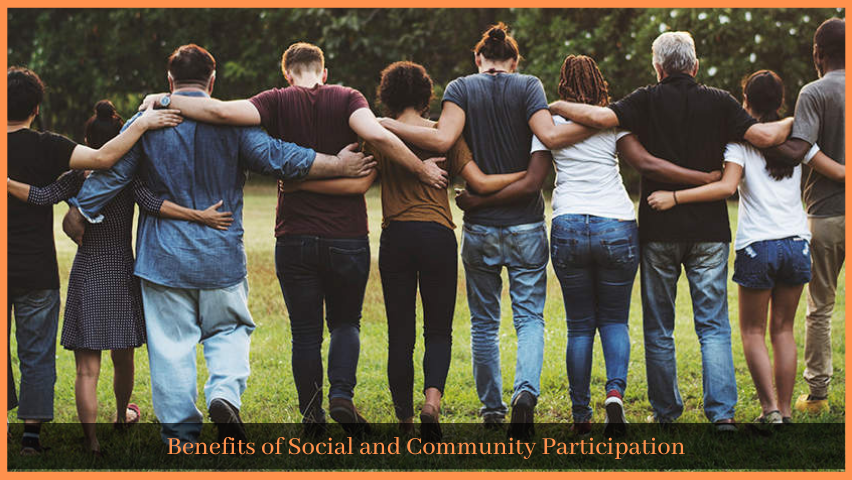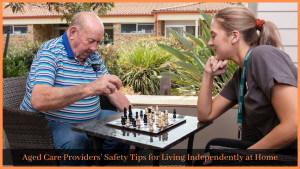We all know how important it is to connect with others in the group. For both physical and mental wellbeing, moving out and meeting individuals is good. It is something that may not be so important to you, but it can be a real challenge that they would love to solve for people with some sort of disability.
Social and group engagement assistance is part of the NDIS programme. Under Core support, it is one of the support groups. It has been recognised that there are generally important advantages to discussing and promoting group involvement and its inclusion for people with a disability.
But before we move on to explain the advantages, it is important to remember that if you are an NDIS member and have been accepted for the category of help and assistance, then you will gain significantly in the following ways:
- This will lead to a change in the actions and attitude of persons with disabilities, their families and caregivers.
- It will enable them to increase their personality and self-confidence.
- It can decrease the longer-term care and assistance that might be required. This can immediately result in a cost reduction.
- In decreasing assistance, individuals who have an impairment at a slightly lower stage will assist them.
For instance,
- The provision of public transport for people with disabilities may reduce their need to use taxis or any other form of transport.
- Without any assistance, it will help people connect and travel independently. They don’t have to depend on anyone on their behalf to shop or communicate.
- Providing mobility facilities, such as vision or hearing impairment, to people with mild levels of disability will minimise the risk of facing any injuries that could lead to more accidents or disabilities.
- Help for people with disabilities will also have economic benefits, thus increasing workforce participation.
- With overall involvement, society as a whole will benefit. It can boost the social capital of Australia; it can help to develop the economy and improve the diversity of society.
- It will develop a better network among individuals, thereby breaking stereotypes. It can encourage financial and social interaction.
Assistance with activities that create and promote independence may also cover this category. Under this group, support forms that you will be able to access include interactions that can help you develop your ability to communicate and engage with your local community. Sports coaching, camps, attending lectures, holiday celebrations are some of the examples of these activities.
In addition to this, it also includes supporting support personnel to help you engage in social and community events. Some of the things we will collaborate with you to arrange to include:
- Joining a social group or association and engaging in it
- Planning a camp for trips or holidays
- Visit the library, malls, movies, coffee shops, shopping complex and much more.
- Participating in sports and events in the neighbourhood.
- Personal courses in growth
- Learning new talent, interests, lessons in art and design, illustration, and drama.
- Participation in sports clubs
The need and need for social and community engagement assistance are usually measured on a one-to-one basis by the NDIS plan. It will be determined based on your needs. It is, therefore, necessary to address your priorities and your aspirations in-depth with your Australian NDIS service provider who can assist you in benefiting from the benefits. This is one reason why it is important to be prepared for the meeting with experts before finalising it and to recognise your NDIS eligibility for Australia.
Growing and fostering community engagement for individuals with any type of disability can have important advantages, including enhanced well-being. Many changes in housing, health, wages, education and much more have been observed and seen. Improving access to contact with the group will also reduce long-term care and assistance.




